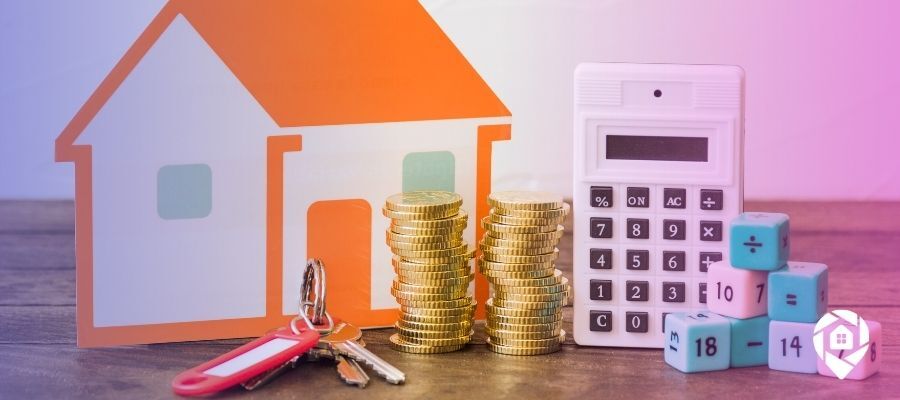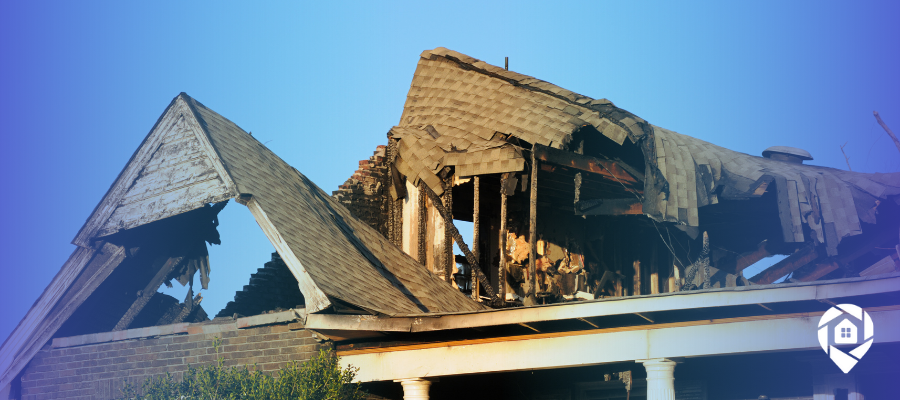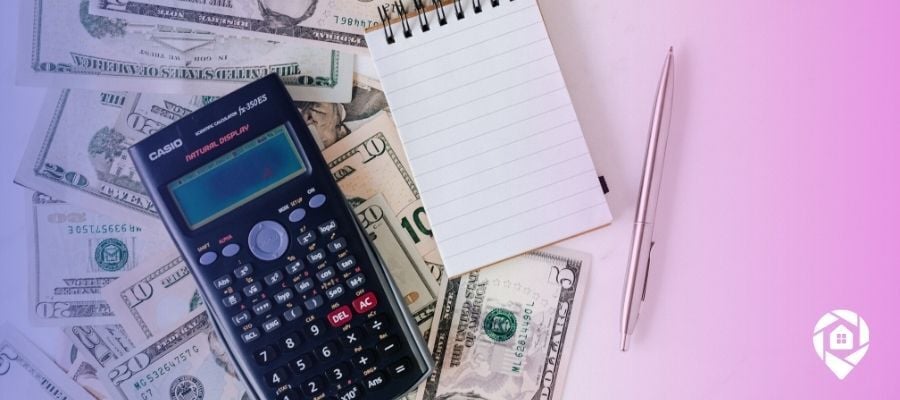
Is Wholesaling The Best Way To Start Investing in Real Estate?

Welcome to another insightful post where we delve into fascinating real estate strategies and success stories from industry professionals. Today, we explore the concept of wholesale real estate—a strategy known for its potential to yield substantial profits with relatively low risk. This blog post will guide you through the essentials of wholesaling, practical applications, and the journeys of successful investors like Ryan Haywood.
What is Wholesaling Real Estate?
Wholesaling real estate involves finding distressed properties, putting them under contract with the intention of buying, and then assigning that contract to another buyer. Essentially, the wholesaler acts as a middleman, connecting motivated sellers with eager buyers. The wholesaler makes a profit by charging a fee for this service. Here's how it works in simple terms:
- Find a property: Locate a distressed or underpriced property.
- Get it under contract: Negotiate a purchase agreement with the seller.
- Assign the contract: Sell the contract to another buyer for a fee.
- Profit: Collect your fee at closing.
One striking example is a deal where you might find a rundown house and assign it to an investor for a $30,000 profit—remarkable for making connections and securing contracts.
Ryan Haywood’s Success Story
Ryan Haywood started his real estate journey in 2019. Frustrated by a change in his sales job's commission structure, he embarked on a 30-day wholesaling challenge. Within 14 days, Ryan secured his first deal, earning $8,500. Since then, he has completed over 425 deals, making wholesaling a consistent and steady part of his life.
"Wholesaling allowed me to replace my W-2 income and achieve financial freedom," Ryan shared.
Ryan’s story is an inspiring case of how determination and the right strategy can yield significant returns.
Wholesaling vs. Traditional Investing
A critical question often asked is, "Are investors using debt in wholesaling?" The answer is fascinating. In wholesaling, financing is rarely required. Wholesalers find properties, get them under contract, and then assign the contract to cash buyers. This method minimizes risk and upfront capital.
However, traditional real estate investors might use strategies like BRRR (Buy, Rehab, Rent, Refinance, Repeat). This method involves:
- Buying a property at a discount.
- Rehabilitating it to increase value.
- Renting it out to generate income.
- Refinancing to withdraw invested capital.
- Repeating the process to build a rental portfolio.
The 1% Rule for Rental Properties
One essential rule in real estate investing is the 1% rule, which states that the monthly rent should be at least 1% of the property's purchase price to ensure positive cash flow. For example, a $100,000 property should rent for at least $1,000 per month. This rule helps investors find properties that will generate steady income and cover financing costs, even with interest rates around 7%.

Navigating the Current Market
It's also good to keep an eye on the current market conditions and the inversion of cap rates and loan interest rates. While cap rates (a measure used in commercial real estate) have varied over the years, the focus remains on finding good deals regardless of market fluctuations.
Local and State Variations
Different markets have varying cap rates and interest rates, but the underlying principle remains the same—finding properties that meet the 1% rule. Even with interest rates at 7%, as long as the rent covers financing costs, investors can still find profitable deals.
Practical Steps to Start Wholesaling
Driving for Dollars
A practical strategy mentioned is "driving for dollars," which involves driving through neighborhoods looking for distressed properties to buy. Upon finding a suitable property, the investor contacts the owner to make an offer. DealMachine simplifies this by integrating features that allow users to:
- Identify property owners.
- Send direct mailers.
- Track progress seamlessly.
Getting Experience and Recognizing Good Deals
Wholesaling provides invaluable experience in evaluating deals. As wholesalers identify properties that sell well, they refine their analytical skills, ensuring better deal assessments in the future.
Common Questions About Wholesaling
Let's cover a few common questions:
Is Wholesaling Risk-Free?
Wholesaling carries minimal risk because it often doesn't require the investor to finance or renovate properties. Instead, the focus is on finding distressed properties and connecting sellers with buyers.
How to Avoid Bad Deals
To avoid bad deals, it's crucial to:
- Conduct thorough due diligence.
- Understand market values.
- Establish a reliable network of buyers.
Licensing and Its Relevance
While having a real estate license can provide credibility, it isn't necessary for wholesaling. The primary requirement is expertise in identifying and evaluating good deals.
Final Thoughts
Wholesaling real estate offers a promising entry point for aspiring investors. It demands minimal capital, involves low risk, and can yield substantial profits. Successful investors like Ryan Haywood demonstrate that with the right strategies and tools, financial freedom is within reach.
For those eager to dive into real estate investing, wholesaling presents an accessible and practical starting point. Utilize tools like DealMachine, understand market conditions, and continually educate yourself to navigate this rewarding journey.
Ready to jumpstart your real estate journey? Leverage these insights and start wholesaling today!

About Benjy Nichols
Benjy has been a Media Manager at DealMachine for the last 5 years. He produces, writes, shoots, and edits our media content for our member's DealMachine and Real Estate education.



